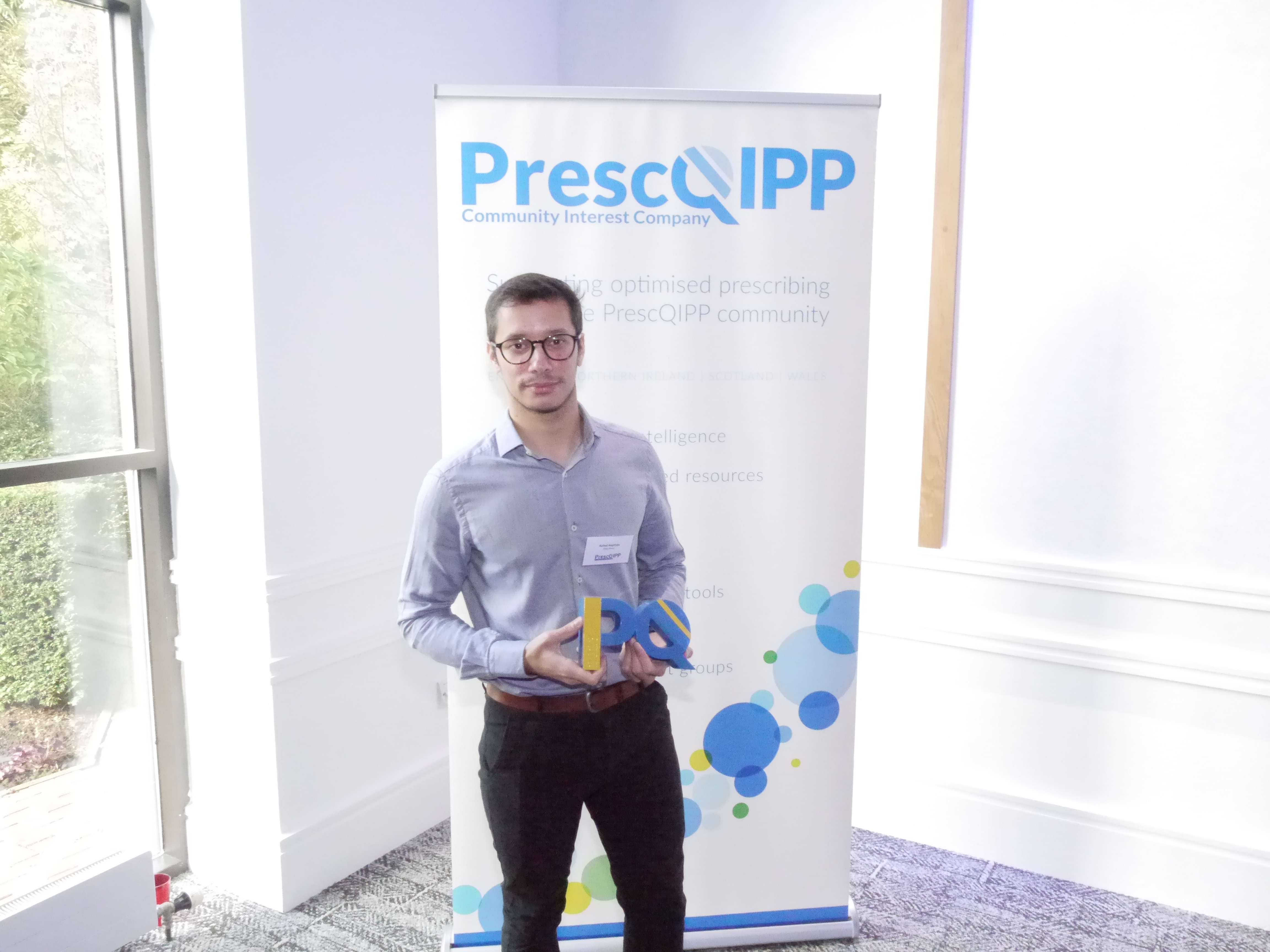Clinical and pharmaceutical interventions made by pharmacy professionals can have significant impact in ensuring optimised patient care and safety around medicines. Interventions include rationalising prescriptions and reducing/preventing medication errors by warranting appropriate therapeutic choices. Recording pharmacy interventions (PIs) yields essential data to inform the clinical and economic impact of pharmacy teams, allowing learning to be shared with other professionals, improving prescribing practice, building resource/capacity planning and ensuring appropriate skill mix of staff.
In 2021, the community hospitals at Powys Teaching Health Board (PTHB) recorded 158 interventions, corresponding to a recording rate of 0.4 interventions per pharmacy staff per week. These figures are not a true representation of the work of a pharmacy professional. Low recording numbers can result in defective medication optimisation and prescribing rationalisation, increased costs and unidentified education and training opportunities.
Thus, our improvement project involving all PTHB community hospitals aimed to increase the number of PIs recorded in 2022 by 3-fold, and to analyse its clinical impact through the application of different methods on managing change in healthcare.
In 2022, PTHB have recorded 977 interventions, an increase of more than 600% compared to that of 2021, further expanding in 2023 to capture interventions performed in care homes. The most successful intervention that encouraged staff to report PIs was the implementation of a new Microsoft-based Pharmacy Intervention Record Tool (xPIRT) Toolkit. This included an online recording tool ¬– xPIRT – and an interactive dashboard – xPIRT Dashboard – with live results from all interventions recorded. Motivating change was proven to be one of the best determinants to meet the project targets, as the xPIRT Dashboard provided staff and team managers with a visual repository that can be used for personal and shared learning around prescribing, therapeutics and pharmaceutical care. The xPIRT Dashboard provides real-time interactive infographics on data analytics based on the PIs recorded: date, hospital, ward, contributor, drug, severity, type and sub-type, timeline, cost-avoidance, incident reports
and Yellow Cards.
Furthermore, this digital health tool has prompted the production of four new clinical guidelines, an annual ward-specific Best Practice poster, medicines formulary changes and generated more awareness not only for key issues around medicines optimisation and safety but also for the value of the pharmacy teams in this healthcare setting.
xPIRT Toolkit is not an additional piece of software, but a tool that was developed exclusively using Microsoft 365 apps, so it can be embedded onto a Microsoft Teams channel, for example. Digital systems should be streamlined and efficient and xPIRT appears as an important tool that can be easily applied and adapted to any health organisation.
